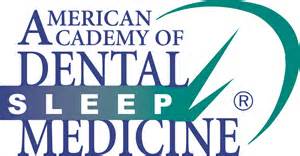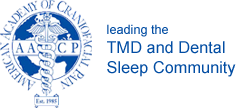Obstructive Sleep Apnea
/More than 18 million Americans deal with sleep apnea - a condition that causes the back of the throat to collapse while they are sleeping, which blocks the airway, automatically reducing the amount of oxygen delivered to all of their organs. People with sleep apnea often snore loudly and stop breathing suddenly for short periods of time. When the blood-oxygen level drops low enough, the body wakes itself up, sometimes even hundreds of times each night. This happens so quickly that your body doesn’t even realize it has woken up, but you may just wake up in the morning feeling restless and unrefreshed. Did you find yourself relating to situations in the afore-written paragraph? You may have sleep apnea. Here is a list of symptoms that may continue to present themselves more with age and weight gain:
- Unintentionally falling asleep during the day
- General daytime sleepiness
- Unrefreshed sleep
- Fatigue
- Insomnia
- Waking from sleep with a choking sound or gasping for breath
- Loud snoring
If you believe you may have sleep apnea, it is a good idea to talk to an AADSM Dentist near you - that is, a dentist who specializes in sleep apnea treatment. Before you go, your dentist may ask you to answer the following, so it may be a good idea to think about answers to these questions/statements beforehand:
- What time you went to bed each night
- What time you got up in the morning
- How many times you woke up during the night
- Whether you felt rested when you woke up
- If you took naps during the day
- Whether you felt sleepy or rested throughout the day
Visit our office in Oxon Hill, Maryland or call us today at 301-652-3444, to find out more about sleep apnea and how we can help you.



